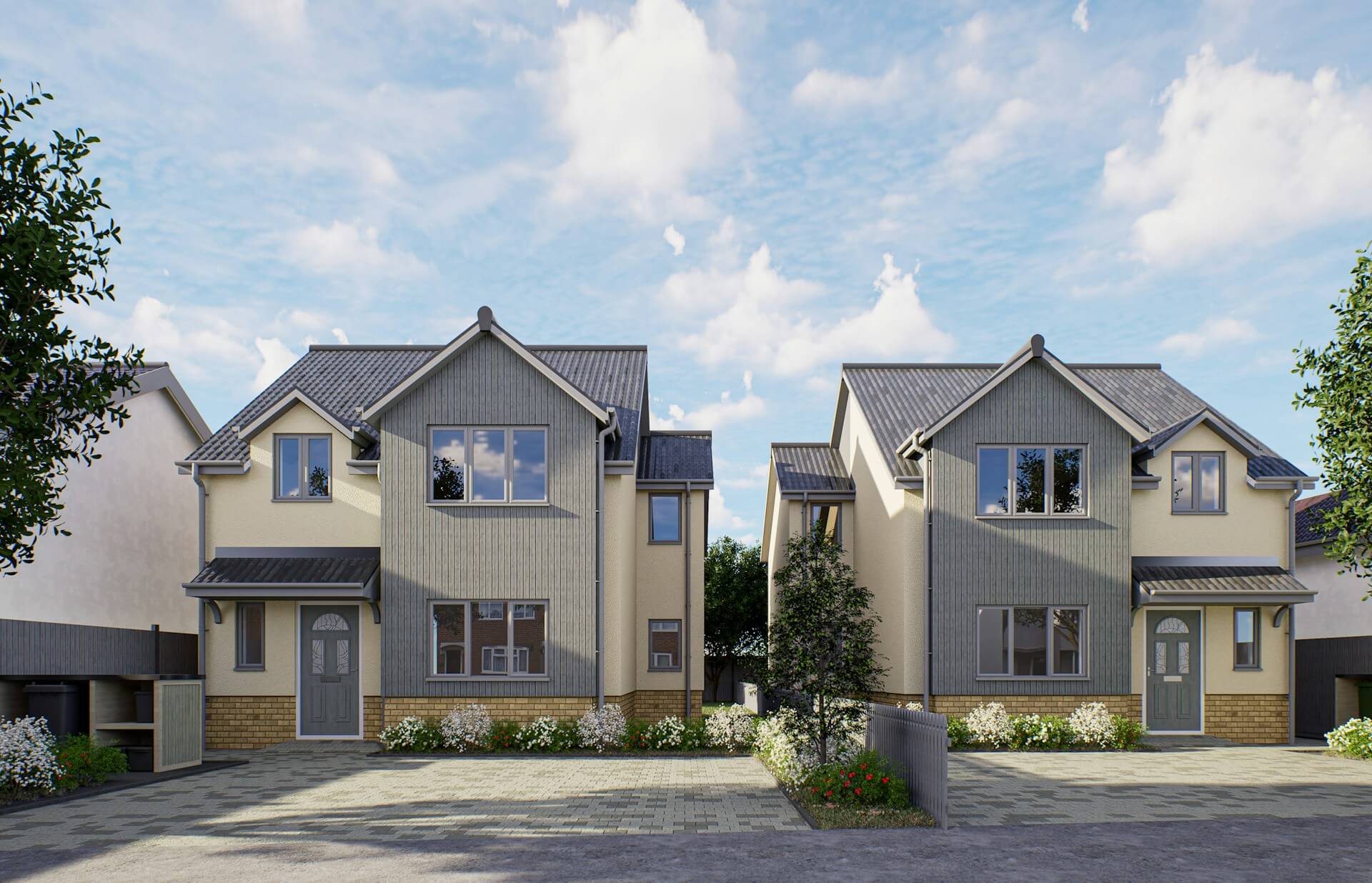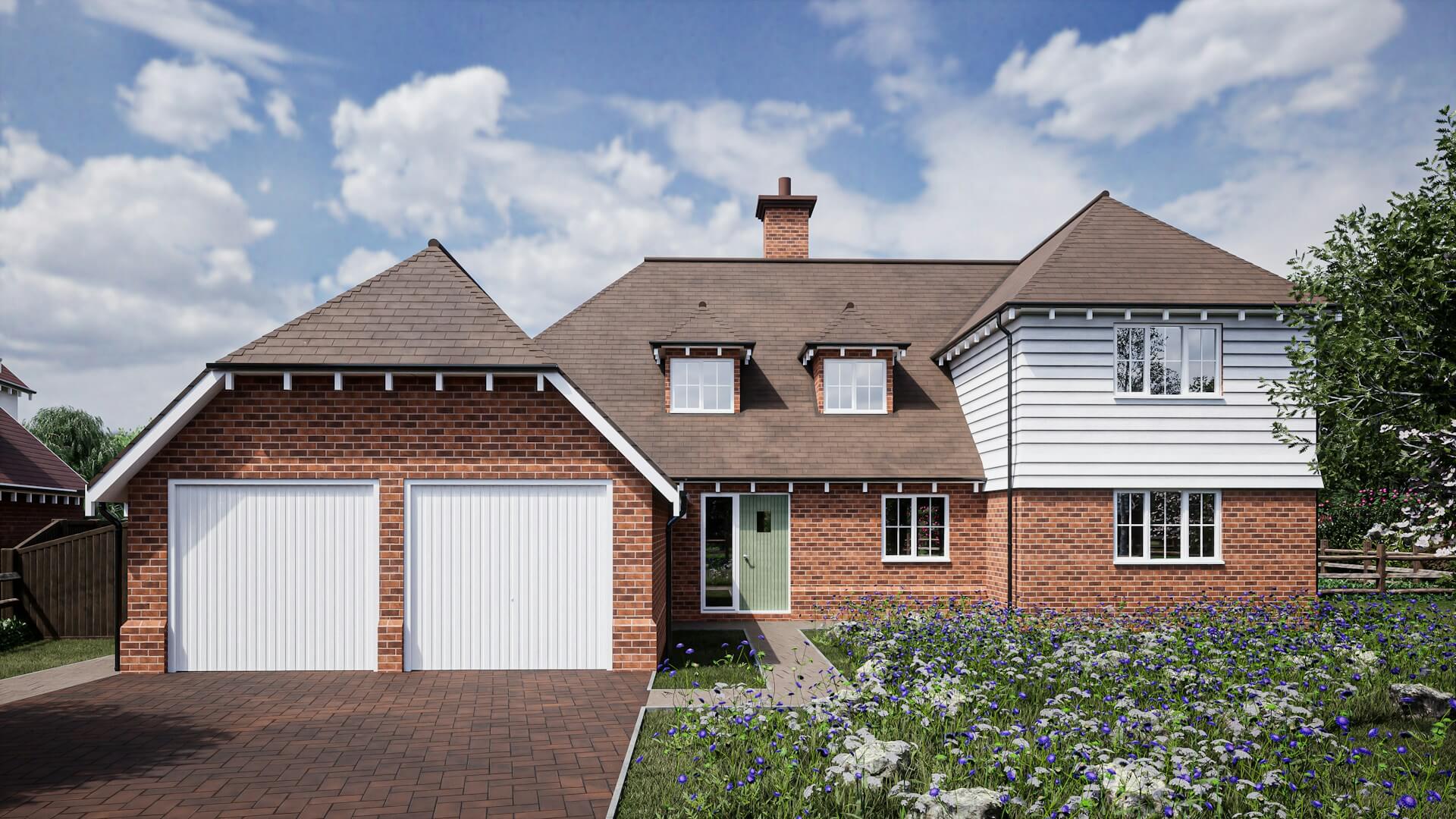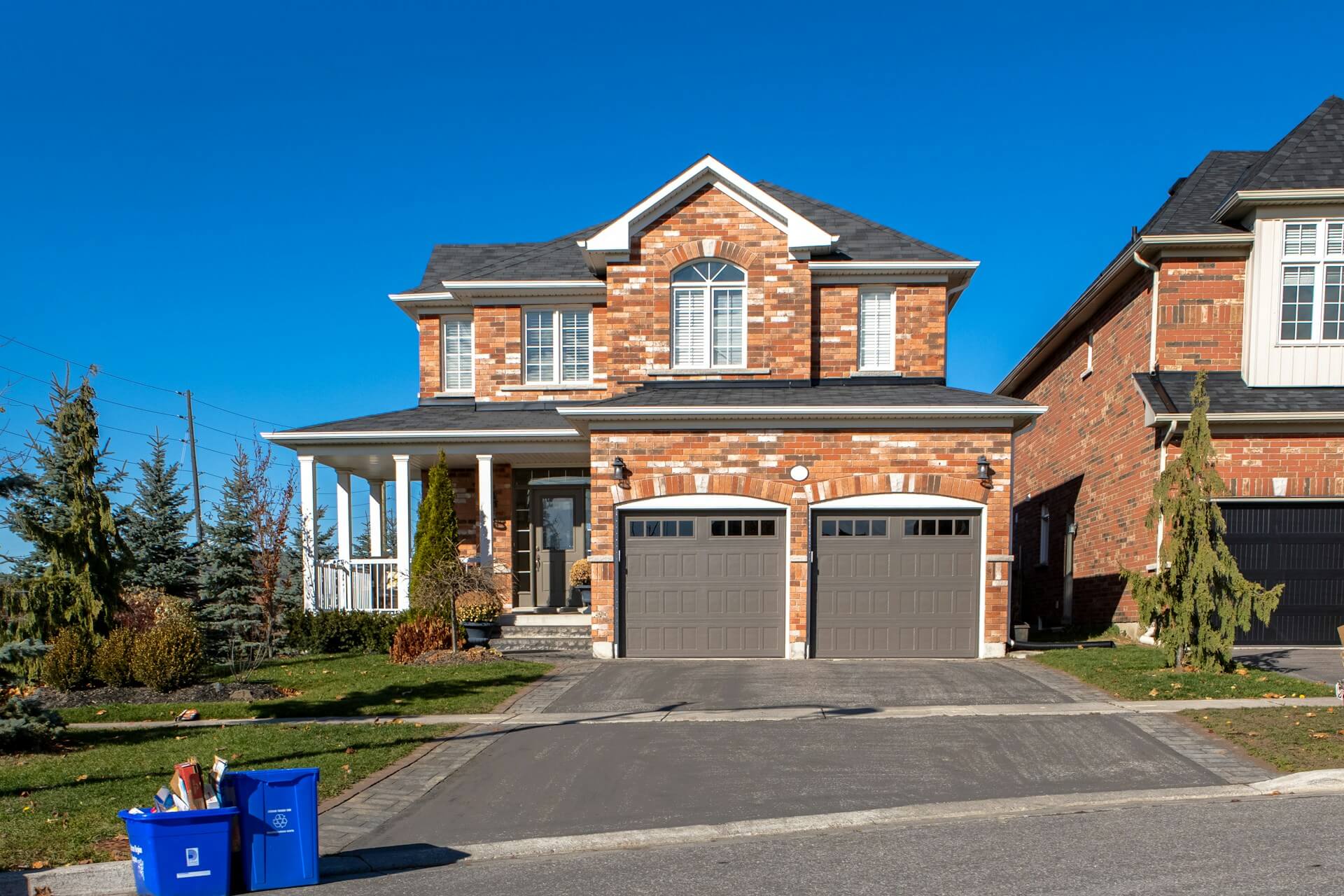Choosing the right driveway material can feel overwhelming. If you’re a homeowner in Newcastle trying to decide between concrete and tarmac, you’re not alone.
These two options are among the most popular for good reason — they’re both strong, practical, and well-suited to the North East climate.
But which one is right for your home?
At Newcastle Driveways, we’ve installed hundreds of concrete and tarmac driveways across the region. In this guide, we’ll compare the two side-by-side to help you make the best decision.
Why It Matters
Your driveway isn’t just somewhere to park. It affects your home’s kerb appeal, property value, and day-to-day convenience.
Picking the wrong surface can lead to early cracks, puddles, stains — and repair bills down the line.
Let’s look at how concrete and tarmac hold up in the real world.
Cost Comparison
Which is more affordable?
Tarmac is usually cheaper upfront.
- Tarmac: £50 – £80 per m²
- Concrete: £70 – £100 per m²
If you’re on a budget or have a large surface to cover, tarmac is often the more cost-effective choice.
But don’t just look at the initial price — consider long-term value. Concrete lasts longer with less frequent maintenance, which can offset the higher upfront cost.
Installation Time
Which is quicker to install?
Tarmac is faster to lay.
Tarmac driveways can often be installed and usable within 1–2 days, depending on weather and ground conditions.
Concrete takes longer to set — usually around 5–7 days before it’s fully cured and ready for vehicles.
If you’re in a hurry or need minimal disruption, tarmac may be the way to go.
Appearance and Kerb Appeal
Which looks better?
This one comes down to personal taste.
- Tarmac: Smooth, dark finish. Simple and practical.
- Concrete: More versatile. Can be textured, patterned, or coloured with imprinting.
If you want a decorative finish that complements a modern or high-end home, concrete offers more visual options. We often install patterned concrete in areas like Jesmond and Gosforth where aesthetics matter.
That said, tarmac can look smart and professional — especially when paired with brick or stone edging.
Durability and Lifespan
Which lasts longer?
Both materials are hard-wearing, but concrete generally lasts longer if properly installed.
- Tarmac lifespan: 10–15 years
- Concrete lifespan: 20–30 years
Tarmac is slightly more flexible, which helps it resist cracking from movement or freezing ground. But over time, it can soften in heat, become brittle in cold, and develop loose stones on the surface.
Concrete is more rigid and stable, but it can crack if expansion joints are not correctly placed or if the base isn’t prepared properly.
At Newcastle Driveways, we always install both to the highest spec — with correct depth, drainage, and jointing — to maximise lifespan.
Maintenance Requirements
Which is easier to maintain?
Tarmac requires more regular upkeep.
It’s more prone to scuffing, oil stains, and weather damage. You may need to reseal it every 3–5 years to keep it looking fresh and avoid crumbling edges.
Concrete needs less maintenance, but when problems occur (like a large crack), repairs are more visible unless you resurface the entire section.
In short:
- Tarmac = more frequent, low-cost maintenance
- Concrete = less frequent, potentially higher-cost repairs
Weather Resistance in Newcastle
Let’s be honest — Newcastle sees its fair share of rain, frost, and cold snaps.
Both tarmac and concrete can handle local conditions when installed properly, but:
- Tarmac can soften in heat and become slippery when wet
- Concrete can crack from freeze-thaw cycles if water gets in and isn’t properly drained
Good installation matters more than the material here. We always install driveways with proper drainage and fall to prevent water pooling and frost damage.
SuDS Compliance and Drainage
Which is better for surface water?
Neither concrete nor traditional tarmac is naturally permeable — meaning they don’t allow rain to drain through.
You’ll need to add channel drains or direct the water to a suitable soakaway or lawn to comply with SuDS (Sustainable Drainage System) rules.
Alternatively, permeable versions of both materials exist (e.g. porous tarmac or permeable concrete), but they come at a higher cost.
Repairs and Replacements
Tarmac is easier to patch than concrete. Small holes or worn areas can be resurfaced quickly and cheaply.
Concrete repairs tend to be more visible. If one section cracks or sinks, you may need to resurface the whole area to maintain a consistent look.
That said, well-laid concrete rarely needs fixing for decades. With tarmac, wear-and-tear is more expected.
Noise and Comfort
One detail most homeowners don’t think about is noise.
Tarmac driveways are quieter when walking or driving over them. Concrete can produce more sound — especially under hard shoes or tyres.
It’s not a dealbreaker, but worth noting if your bedroom window faces the driveway.
Summary Table: Concrete vs Tarmac
| Feature | Tarmac | Concrete |
|---|---|---|
| Upfront Cost | Lower | Higher |
| Installation Time | 1–2 days | 5–7 days |
| Appearance | Plain, dark | Customisable, decorative |
| Lifespan | 10–15 years | 20–30 years |
| Maintenance | Regular resealing | Low, occasional repair |
| Repairs | Easy, low cost | Harder, more visible |
| Drainage | Needs added system | Needs added system |
| Noise | Quieter | Louder |
| Best For | Budget-friendly function | Long-term kerb appeal |
So… Which One Should You Choose?
Choose Tarmac if:
- You want a budget-friendly driveway
- You need a quick installation
- You prefer a clean, practical look
- You don’t mind basic upkeep every few years
Choose Concrete if:
- You want a decorative or modern finish
- You value long-term durability
- You prefer low-maintenance
- You want to increase property value with kerb appeal
If you’re still unsure, don’t worry.
At Newcastle Driveways, we offer free, honest advice based on your specific home, layout, and budget. We’ll help you choose the right material and finish for your property — whether you’re in a tight terrace street in Byker or a detached home in Kingston Park.
Get A Quick Quote
Please provide your contact details here and we’ll get back to you shortly with a quote. We aim to respond to all quote requests in 24 hours.



